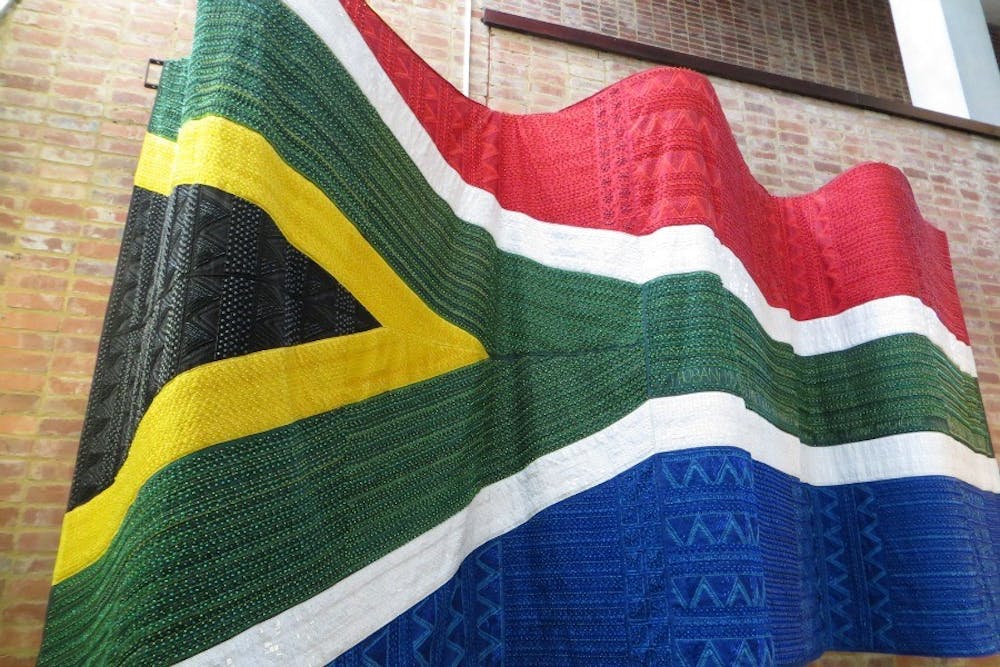Creative Commons photo
Reis' Pieces
Last summer, I spent a couple months volunteering in South Africa. I wrote this while I was in Durban, a port city of 3.5 million people on ZA's eastern coast.
It's difficult to discuss culture and societal interaction in South Africa without talking - or more often, just thinking - about race. Apartheid, the notorious legislated racial segregation, is just 20 years in the past. Nelson Mandela was elected president in 1994 as a result of South Africa's first true democratic election and that is considered the end of political apartheid in the country.
Now, for just a moment, let me draw a generalized parallel to the United States. Our Civil Rights Movement ended in the late 60s, early 70s. Fast-forward 20-some years and it's 1992 - the year, as many of you probably remember, of the Rodney King Riots. My point is that two decades after the U.S. put an end to segregation laws, racial tension was still high.
Okay, back to ZA. I've found that people don't like to talk about it, but race can creep into almost all facets of everyday life. Income inequality here far outstrips the U.S. and, in fact, every other country with a population of over a million. The wealthiest 10 percent of the population accounts for 52 percent of the income (while, in the U.S., the top 10 holds 30 percent). Thirty-one percent of South Africa's population lives on $2 a day. (Note: all stats come from the World Bank.)
Enough of the numbers. When you walk around or drive through some of the areas here, you don't need the statistics, just two good eyes, to see that socio-economic disparity is predominantly divided along racial lines. And, to back this up, another statistic: 30 percent of black South Africans are unemployed, while the unemployment for whites is 6 percent. The ramifications of this, coupled with generations still rooted in the apartheid, have created a palpable sort of xenophobia in the country.
For example, my American friend and I are repeatedly told to stay away from certain streets, parks or parts of town, not to walk alone there and never at night. Another instance occurred this past weekend when we walked into a Durban bar. I took two steps into the place and, right away, felt dozens of eyes on me. We were the only white people in there - a fact that everyone else also seemed to notice.
Let me be clear, I did not feel threatened. Most people had an amused look on their faces, an "Oh god, these poor kids are so lost" kind of look. I realize now that no, I wasn't scared, but I was embarrassed. In our naiveté, had we crossed some invisible boundary and intruded? Well, I can't speak for the bar's entire population, but, after our entry and the initial - and mutual - shock, I felt welcomed.
The problem is, it doesn't seem like people get past that initial shock very often. Admittedly, I was close to walking out of that bar. It was something I had never before experienced. All over the world - even in the U.S., over 40 years removed from the Civil Rights Movement - people don't break down those walls or cross those invisible, but existing, boundaries nearly often enough. That abstinence only exacerbates the other inequalities. Not to say that having a beer in a different part of town will solve all problems, but it could very well be a good start.

